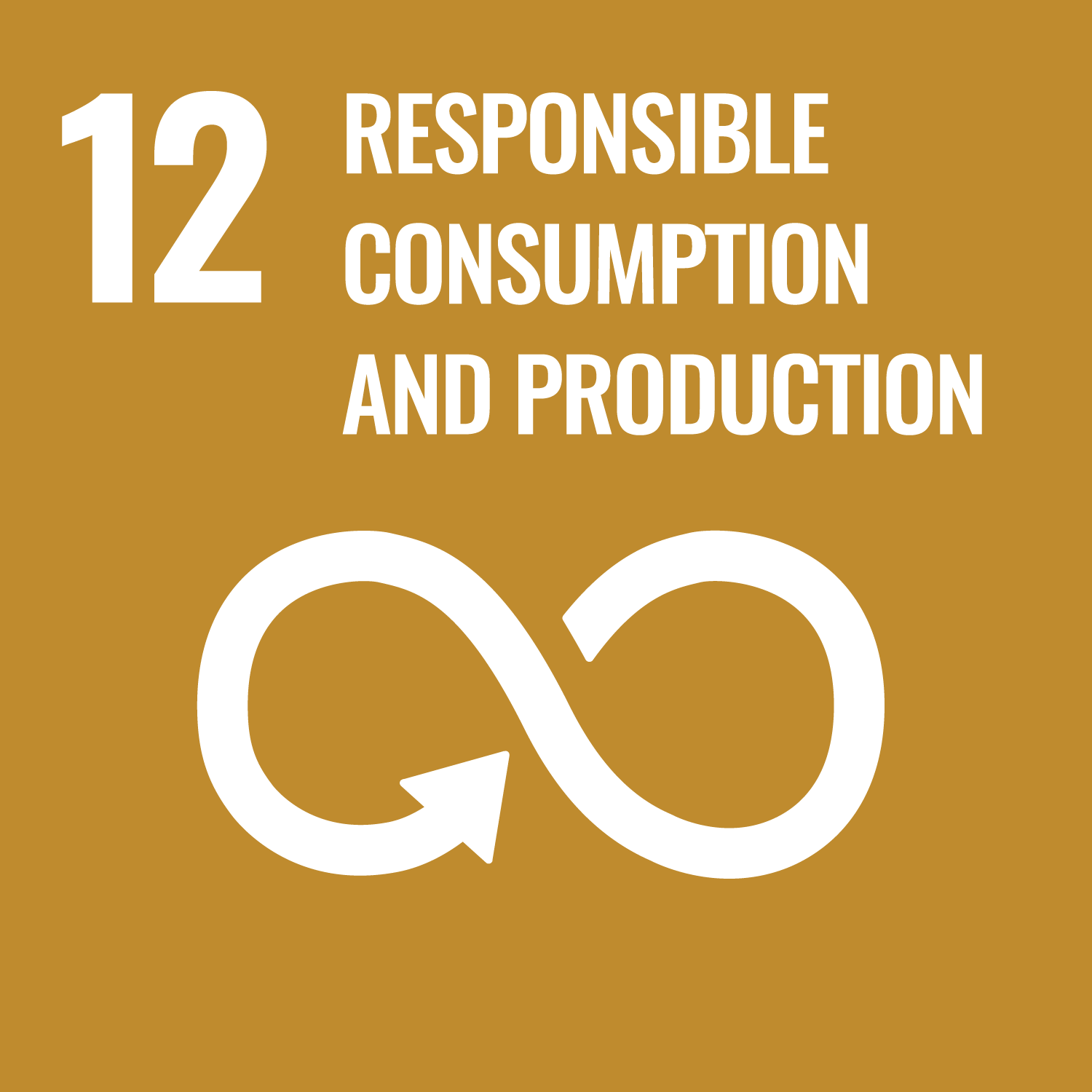Boyall, S.L., Clarke, H., Dixon, T. et al. (7 more authors) (2024) Automated Optimization of a Multistep, Multiphase Continuous Flow Process for Pharmaceutical Synthesis. ACS Sustainable Chemistry & Engineering, 12 (41). pp. 15125-15133. ISSN 2168-0485
Abstract
Flow synthesis is becoming increasingly relevant as a sustainable and safe alternative to traditional batch processes, as reaction conditions that are not usually achievable in batch chemistry can be exploited (for example, higher temperatures and pressures). Telescoped continuous reactions have the potential to reduce waste by decreasing the number of separate unit operations (e.g., crystallization, filtration, washing, and drying), increase safety due to limiting operator interaction with potentially harmful materials that can be reacted in subsequent steps, minimize supply chain disruption, and reduce the need to store large inventories of intermediates as they can be synthesized on demand. Optimization of these flow processes leads to further efficiency when exploring new reactions, as with a higher yield comes higher purity, reduced waste, and a greener synthesis. This project explored a two-step process consisting of a three-phase heterogeneously catalyzed hydrogenation followed by a homogeneous amidation reaction. The steps were optimized individually and as a multistep telescoped process for yield using remote automated control via a Bayesian optimization algorithm and HPLC analysis to assess the performance of a reaction for a given set of experimental conditions. 2-MeTHF was selected as a green solvent throughout the process, and the heterogeneous step provided good atom economy due to the use of pure hydrogen gas as a reagent. This research highlights the benefits of using multistage automated optimization in the development of pharmaceutical syntheses. The combination of telescoping and optimization with automation allows for swift investigation of synthetic processes in a minimum number of experiments, leading to a reduction in the number of experiments performed and a large reduction in process mass intensity values.
Metadata
| Item Type: | Article |
|---|---|
| Authors/Creators: |
|
| Copyright, Publisher and Additional Information: | © 2024 The Authors. This is an open access article under the terms of the Creative Commons Attribution License (CC-BY 4.0), which permits unrestricted use, distribution and reproduction in any medium, provided the original work is properly cited. |
| Keywords: | flow chemistry; telescoping; multistep; heterogeneous catalysis; three-phase; multiphase; self-optimizing algorithms |
| Dates: |
|
| Institution: | The University of Leeds |
| Academic Units: | The University of Leeds > Faculty of Engineering & Physical Sciences (Leeds) > School of Chemical & Process Engineering (Leeds) The University of Leeds > Faculty of Engineering & Physical Sciences (Leeds) > School of Chemistry (Leeds) > Inorganic Chemistry (Leeds) |
| Funding Information: | Funder Grant number Royal Academy of Engineering RF2122-21-200 |
| Depositing User: | Symplectic Publications |
| Date Deposited: | 17 Oct 2024 12:05 |
| Last Modified: | 17 Oct 2024 12:05 |
| Status: | Published |
| Publisher: | American Chemical Society |
| Identification Number: | 10.1021/acssuschemeng.4c05015 |
| Sustainable Development Goals: | |
| Open Archives Initiative ID (OAI ID): | oai:eprints.whiterose.ac.uk:218468 |


 CORE (COnnecting REpositories)
CORE (COnnecting REpositories) CORE (COnnecting REpositories)
CORE (COnnecting REpositories)